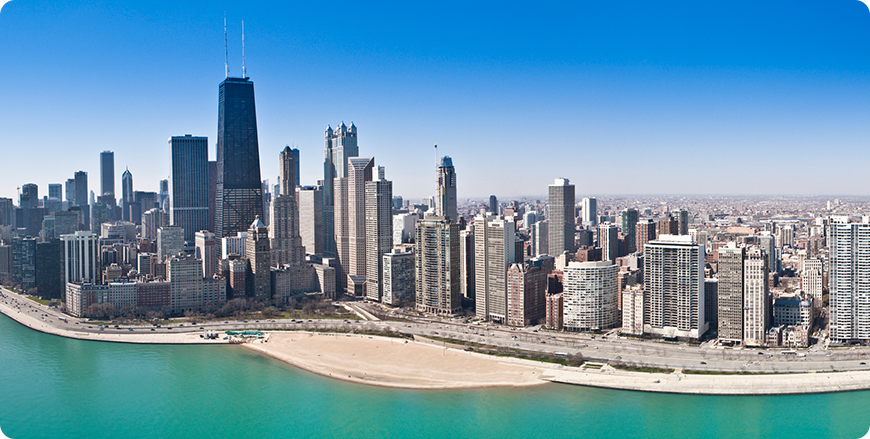Hip replacement surgery is a fairly common procedure often performed in outpatient surgical facilities. The process is quick, with minimal pain so patients are usually sent home the same day as the surgery. While there will be discomfort, patients will start feeling better in just a few days with proper medication.
However, people who underwent hip replacement surgery must understand that there are some lifestyle changes they must adapt to following the procedure. But the trade-off is they will significantly decrease hip pain and have fewer chances of developing a disability.
So are there any limitations after a total hip replacement? This blog answers that question by exploring the following topics:
- What not to do after hip replacement surgery
- The effect of cold weather after a hip surgery
- Tips for a successful hip replacement procedure
If you are wondering what can you never do after hip replacement, then keep on reading.
Movement Restrictions: What Not To Do After Hip Replacement Surgery
There are some precautions you'll need to take in terms of movement to maximize the procedure's benefits and avoid injury. The following are the things not to do after hip replacement:
- Don't move around: Your orthopedic surgeon will instruct you to resist being on your feet and moving around in the days following the procedure. Resting allows faster healing and helps prevent blood clots from forming.
- Don't bend at the waist: Excessive movement of the hips is discouraged because it increases the chances of dislocation of the new hip. You can still move around but avoid bending your waist more than 90 degrees, so be mindful when tying your shoes, picking something off the floor or sitting on a low chair.
- Don't lift your knees past the hips: Like with bending, lifting your knees too far increases the likelihood of hip dislocation. So raising your knees above your hips is among the things not to do after hip replacement.
- Don't twist at the hip: Twisting or pivoting at the hips is extremely dangerous following a hip replacement surgery. You should always keep your hips and chest pointing in the same direction.
- Don't cross your legs: Crossing your legs can also lead to dislocating your new hip.
- Don't lie on the surgical site: Lying down on the surgery area puts pressure on your hips, resulting in blood clots and injury.
- Don't lift heavy objects: Lifting heavy objects is prohibited for patients who recently underwent surgery. This is because the excessive strain may cause the wounds to reopen and invite infection into the areas of disrupted skin. The objects you should be lifting or carrying should be under five pounds.
- Don't drive: The healing process varies for everyone. Some patients are allowed back on the road only after a couple of weeks, while some take longer. Therefore, you should only drive once your doctor clears you to avoid any issues.
So, are there any limitations after a total hip replacement? Yes. But we will do our best to get you back on your feet in as little time as possible.
Before being discharged, your healthcare team will provide you with information to support your recovery. Possible complications will also be discussed, though the likelihood of them happening is low. It's essential to have a family member or caregiver to aid you in your journey to recovery.
The Effect of Cold Weather After a Hip Surgery
Cold weather can cause pain in the surgery area because lower temperatures cause tissues to contract, putting pressure on the nerves. Colder temperatures also lead to slower blood flow, which is a critical component of the wound healing process. With poor blood circulation, your tissue’s ability to regenerate is disrupted. So you might notice pain in your surgical wound during the cold, but that's completely normal.
Tips for a Successful Hip Replacement Procedure
The recovery period after orthopedic surgery involves many essential processes that will determine your long-term health. Here are five practical recovery tips for a successful hip replacement procedure.
- Prepare your home: Rearrange your home before you go into surgery to ensure that you have easy access to everything you need. This will make your recovery a lot easier and allows you to become less dependent on those around you. Everything should be at waist level and within reach.
- Take some time off work: Recovery time following a hip replacement surgery varies. If you are working, it's advised to work from home for faster healing.
- Eat nutritious foods: Healthy eating is vital during recovery since your diet plays an essential role in healing.
- Do gentle exercises: Strenuous movements are not advised, but there are specific exercises you can do to promote blood flow and prevent blood clots. Talk to your doctor about gentle activities that you can do when recovering.
- Take your time: Don't rush the healing process. Engaging in physically demanding activities can lead to complications such as infection and dislocated joints.
Wondering what can you never do after hip replacement is a valid concern, and you should always seek the guidance of health professionals for a successful surgery. If you’re still asking, “Are there any limitations after a total hip replacement?”, the experts at The American Hip Institute are more than happy to accommodate your concerns. Call us today at (833) 872-4477.

